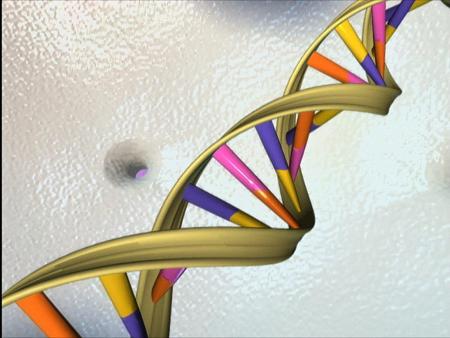NIH-funded genome centers to accelerate precision medicine discoveries
Part of the All of Us Research Program, centers will sequence 1 million genomes.
“Fifteen years after the mapping of the human genome, this is a pivotal step toward realizing the promise of that historic achievement,” said NIH Director Francis S. Collins, M.D., Ph.D. “Including high quality genomic information along with many other data types collected in the All of Us program will speed up scientific breakthroughs and ultimately improve the health of future generations.”

The new All of Us Research Program Genome Centers will be led by:
● Baylor College of Medicine, Houston, with Johns Hopkins University, Baltimore, and The University of Texas Health Science Center at Houston (UTHealth)
● The Broad Institute, Cambridge, Massachusetts, with Color, Burlingame, California, and the Laboratory for Molecular Medicine at Partners HealthCare, Cambridge, Massachusetts
● The University of Washington, Seattle
The All of Us Research Program is one of the country’s most ambitious biomedical research efforts ever undertaken. It aims to build a nationwide community of 1 million or more participants from all walks of life, including groups that have been historically underrepresented in research. So far, more than 110,000 people have registered with the program to begin the participant journey, and more than 60,000 have completed all elements of the core protocol. These participants are sharing different types of information, including through surveys, access to their electronic health records and blood and urine samples. Over time, they will continue to share information through additional surveys, biosamples, fitness trackers and more. These data, stripped of obvious identifiers, will be accessible to researchers, whose findings may lead to more tailored treatments and prevention strategies in the future.
“Diversity is a hallmark of this effort. We strive for diversity of people and also diversity of data types, so researchers can understand the many factors that influence health and health outcomes for each of us,” said Eric Dishman, director of the All of Us Research Program. “Bringing on these new partners is an important milestone for our program as we look to add genotyping and whole genome sequencing data to the many other data types we’re already collecting.”
The genome centers will ramp up operations in coming months. In addition to producing genome data for researchers, the centers will analyze the data for genetic results to be responsibly returned to participants who are interested in receiving them. Initially, these results will include information about a set of 59 genes known to be associated with risk of certain diseases amenable to prevention or early diagnosis (known as the ACMG 59), as defined by the American College of Medical Genetics and Genomics. The centers also will return information about drug-gene interactions (pharmacogenomics) that may help inform what medications might be best suited for particular conditions based on participants’ genetic makeup. In the future, information about participants’ ancestry and traits will also be available.
Source: U.S. National Institutes of Health
- 270 reads
Human Rights
Ringing FOWPAL’s Peace Bell for the World:Nobel Peace Prize Laureates’ Visions and Actions

Protecting the World’s Cultural Diversity for a Sustainable Future

The Peace Bell Resonates at the 27th Eurasian Economic Summit

Declaration of World Day of the Power of Hope Endorsed by People in 158 Nations

Puppet Show I International Friendship Day 2020

